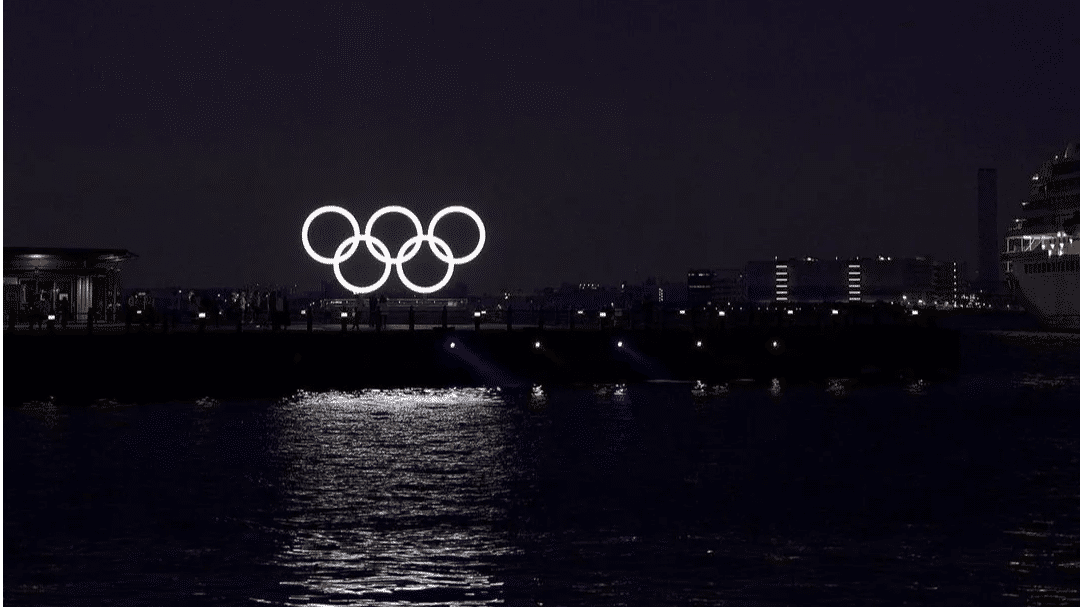A majority of governments from the 90
countries taking part in the 2022 Beijing Winter Olympics have decided not to
join a diplomatic boycott of the Games, scheduled for February 4 start,
International Olympic Committee (IOC) President Thomas Bach said on Wednesday.
Also Read: Will the US-led boycott have any impact on Beijing Winter Olympics?
The United States has announced a
diplomatic boycott of the Beijing Winter Olympics citing human rights
violations in China. The United Kingdom, Australia, Canada and New Zealand have
also followed the footsteps of the Joe Biden-led US government in imposing a
diplomatic boycott of the Games.
China, in response to the boycott, said the
US-led boycott was trying to politically manipulate Games. But France refused
to join the bloc in boycotting the Winter Games. France, in fact, said
countries should be careful in mingling sports with politics. It must be noted that France is the
host of the 2024 Summer Olympic Games.
Also Read: As Beijing Winter Olympics open, Uyghurs set to take rights case to court
“There are countries like the United
States, UK and Australia who took that decision,” Bach told German
broadcaster ZDF late on Tuesday.
“Several other countries, and not only
several, if we say there will be 90 National Olympic Committees (NOC) present
at the Games, there are most likely more than 70 or even more than 80 NOCs
whose governments have not made such statements.”
Also Read: France will not boycott Beijing Winter Olympics: President Emmanuel Macron
“But they all have one thing in common
and that is they support their Olympic teams … so that their athletes can
live their Olympic dreams,” Bach said.
Rights groups accused China of human rights
violations
Human rights groups have long criticised
the IOC for awarding the Winter Games to China for a second time for reportedly
torturing Uyghurs in Xinjiang province.
Last week, Tibetan students chained
themselves to the Olympic rings outside the IOC’s Swiss headquarters in
Lausanne, calling for an international Games boycott. Similar protests took
place during the Beijing Games torch-lighting ceremony in Greece’s ancient
Olympia and Athens in October.
Also Read: UK joins US, Australia to boycott Beijing Winter Olympics
“What happened in between those years
politically is not in our sphere of influence,” said Bach, a German lawyer
who won gold in fencing at the 1976 Olympics.
“You cannot blame the IOC and make it
responsible for something a generation or two of politicians did not succeed
in.”
Also Read: Explained: Why does Beijing have the Olympics again?
“We are responsible for the Olympic
Games,” Bach said. “Expectations that the Games can change the
political system of a country are exaggerated.”







